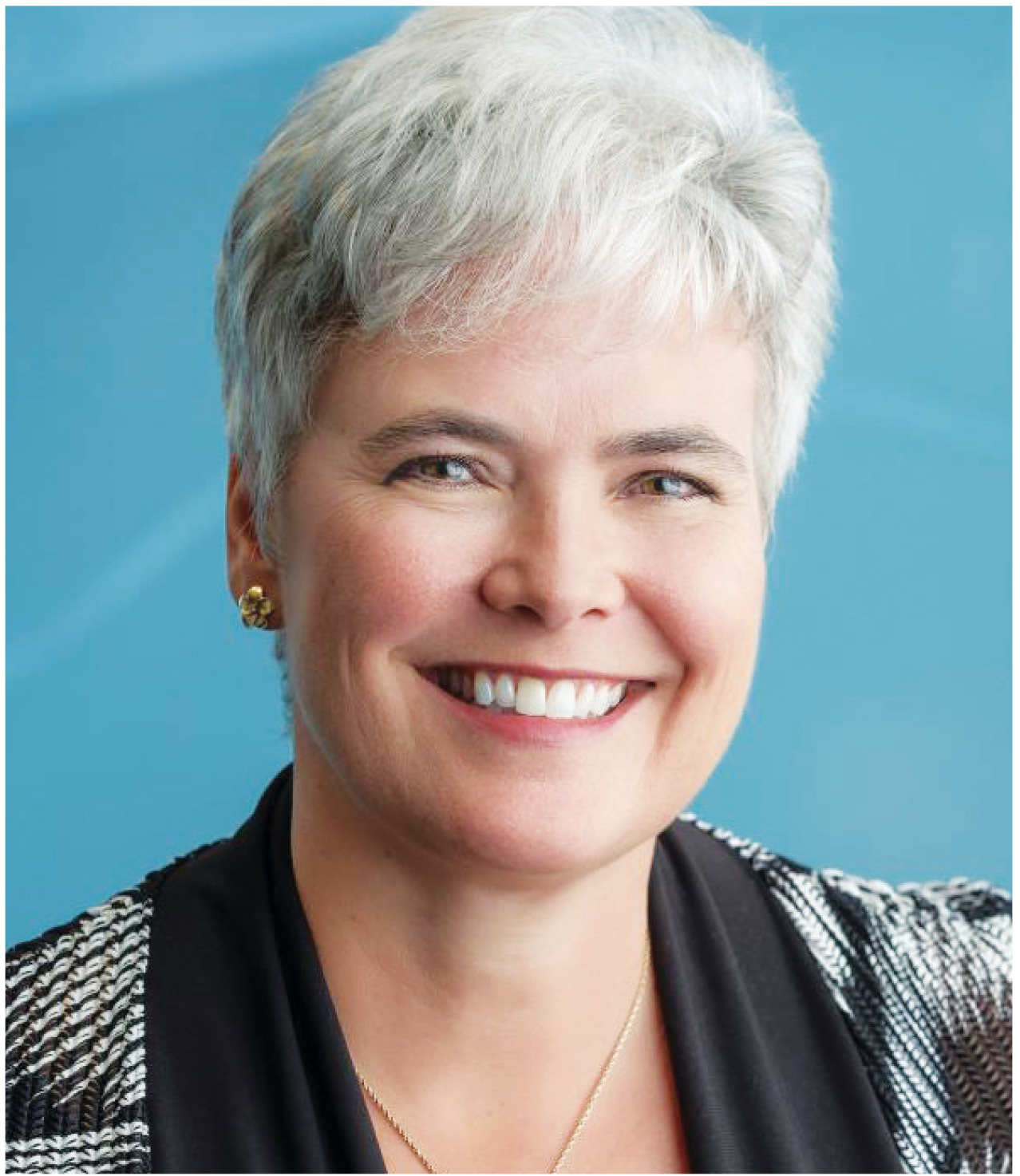Amplifying value
“Don’t it always seem to go, that you don’t know what you’ve got ’til it’s gone.” —Joni Mitchell
 |
| Dr Kathleen Ross |
The practice of medicine is evolving at a pace unimaginable in previous times. As this evolution unfolds, we need to take a hard look at the basic tenets of care that, as health care providers, we want to keep and work diligently to maintain, while acknowledging that this likely means excluding other diagnostics or treatments.
Right now in BC the strongest movement afoot is team-based care. This model has been shown to improve access, freeing up physicians to deliver services that only they can deliver. We know longitudinal, community-based care reduces hospital and ER admissions, removes duplication of services, and saves the system money. While the power of longitudinal care lies in the core relationship between the provider and the patient, we need to ensure the care coordination piece is well supported. It takes time to collaborate and build treatment plans across areas of practice to improve the patient’s journey and outcomes. That said, our metrics and models of payment are not developed enough to fully capture the value of this type of care in terms of future costs avoided. The value-add evidence is not apparent to the general population.
Increased use of remote telemedicine or virtual care has transformed the way patients may seek and receive care. While remote access to telemedicine makes sense for those who would otherwise have to leave their community to seek care, what happens as health care becomes more consumer-led? Does access to medical services delivered from the phone in your pocket, at any time of day, devalue those providing the long-term committed care? I would say yes. Does the ability to instantly rate or critique the services you receive the same way you evaluate the shop that changes your tires lead to devaluation? Yes. In some communities, social media has been used to aggressively blame and shame health care services in a way that is leading to the societal distrust and devaluation of physicians’ knowledge and skillsets. It is difficult to remain dedicated in an often toxic environment. We need to remind our communities that they truly “don’t know what you’ve got ’til it’s gone.”
Amplifying the value that physicians bring to the health care system is challenging for a number of reasons. Patients are constantly bombarded with conflicting information about best practices, the latest technologies, or procedures from multiple sources, including expanding global social media and celebrity-driven discussion forums. Although patients want to participate more actively in their own care, providers are often not allowed funded time to have the related discussions—discussions that ensure the care provided is the most appropriate, guideline-driven plan for each individual patient. Neither party walks away from these situations feeling well served.
As the practice of medicine evolves, funding for supports and payment model options needs to keep pace. These systems must reflect the change in how patients want to receive care, and the way in which physicians deliver that care. For instance, do we continue to value episodic or procedural treatments above longitudinal care when we know that episodic care drives use and costs? Do we continue to fund a universal level of basic, evidence-driven medicine, or cater to the will of the individual seeking access to maximal everything for every ailment? Depends on who you talk to. Virtual episodic care is much more likely to address the latter. Current funding models leave those physicians dedicated to longitudinal care struggling to keep the lights on while striving to remain healthy and engaged.
As I have traveled around the province listening to the needs of patients, physicians, and health care management groups, it has become apparent there are gaps—gaps in understanding on both sides of the equation about how more innovative funding and payment models can enhance care delivery. The current situation has been described as the Wild West. No single payment model is perfect, or a fit for every physician, at every stage of their career, or even within the same section. Certain workflow expectations may seem reasonable to physicians or administrators, yet be untenable to others for unforeseen reasons. Where there is a knowledge gap, confabulation and presumption fill the void. Rumor and unfounded assumptions abound.
For our health care processes to remain sustainable and meet the needs of patients, administrators, and physicians, we need to listen to all perspectives. We must work collaboratively to build models of compensation and workload expectations based on the shared understanding of the short-, medium-, and long-term vision for care delivery in each region. We must establish a shared responsibility for cost containment and access to appropriate, equitable, culturally safe, timely care. The general population should be made aware of what services, on what timeline, a publicly funded health care system can deliver so they can adjust their expectations.
If British Columbians and our governing bodies are to maximally benefit from the unique knowledge and skillsets physicians bring to the table, then payment models should universally incorporate time for teaching, multidisciplinary simulation training, research, quality improvement endeavors, evaluation, and participation in health care system management.
I believe that with ongoing open dialogue, visioning, and collaboration, we can continue to build a health care system that is sustainable and meets the needs of patients, care providers, and administrators alike. We need commitment on all sides of this shared responsibility to bring this to life.
—Kathleen Ross, MD
Doctors of BC President


Kathleen your comments are always timely, articulate and concise, but I feel the profession has to be more specific, with an evidence-supported human resource plan, if the family physician centered team is to be sustained. Since our Ministries of Health have shown no propensity to provide this leadership the process has fallen to the profession. Lets get on with it ASAP.